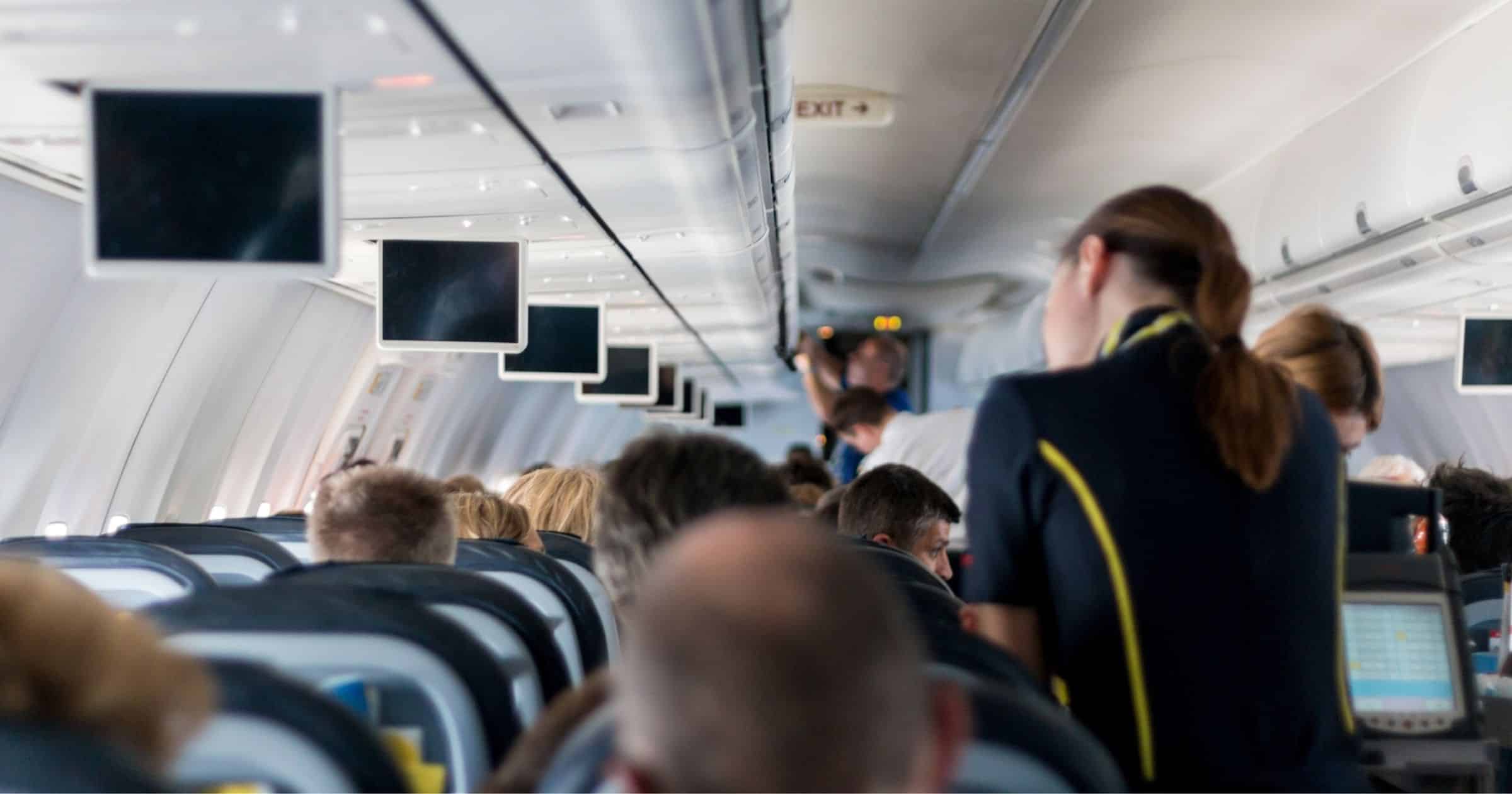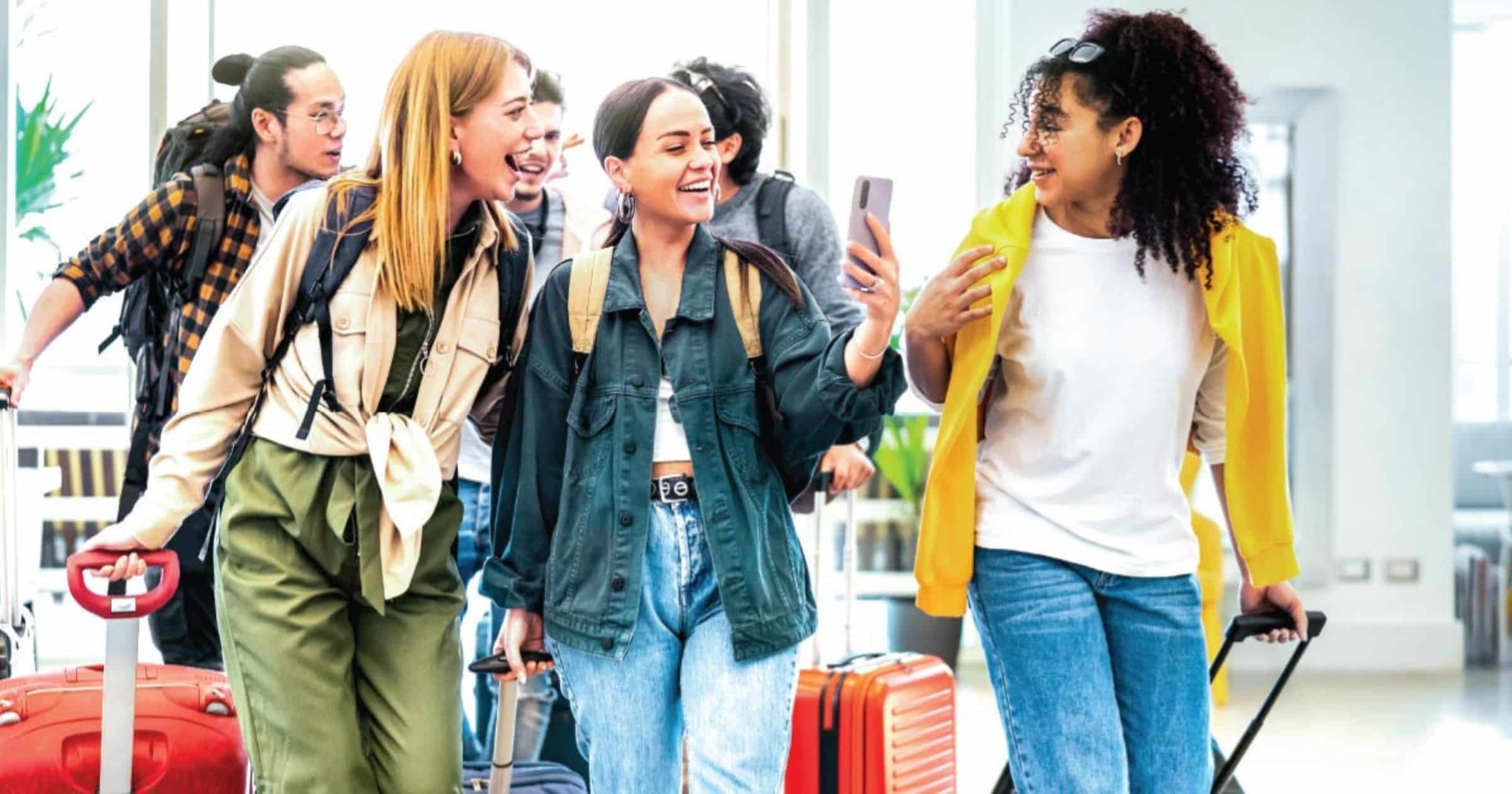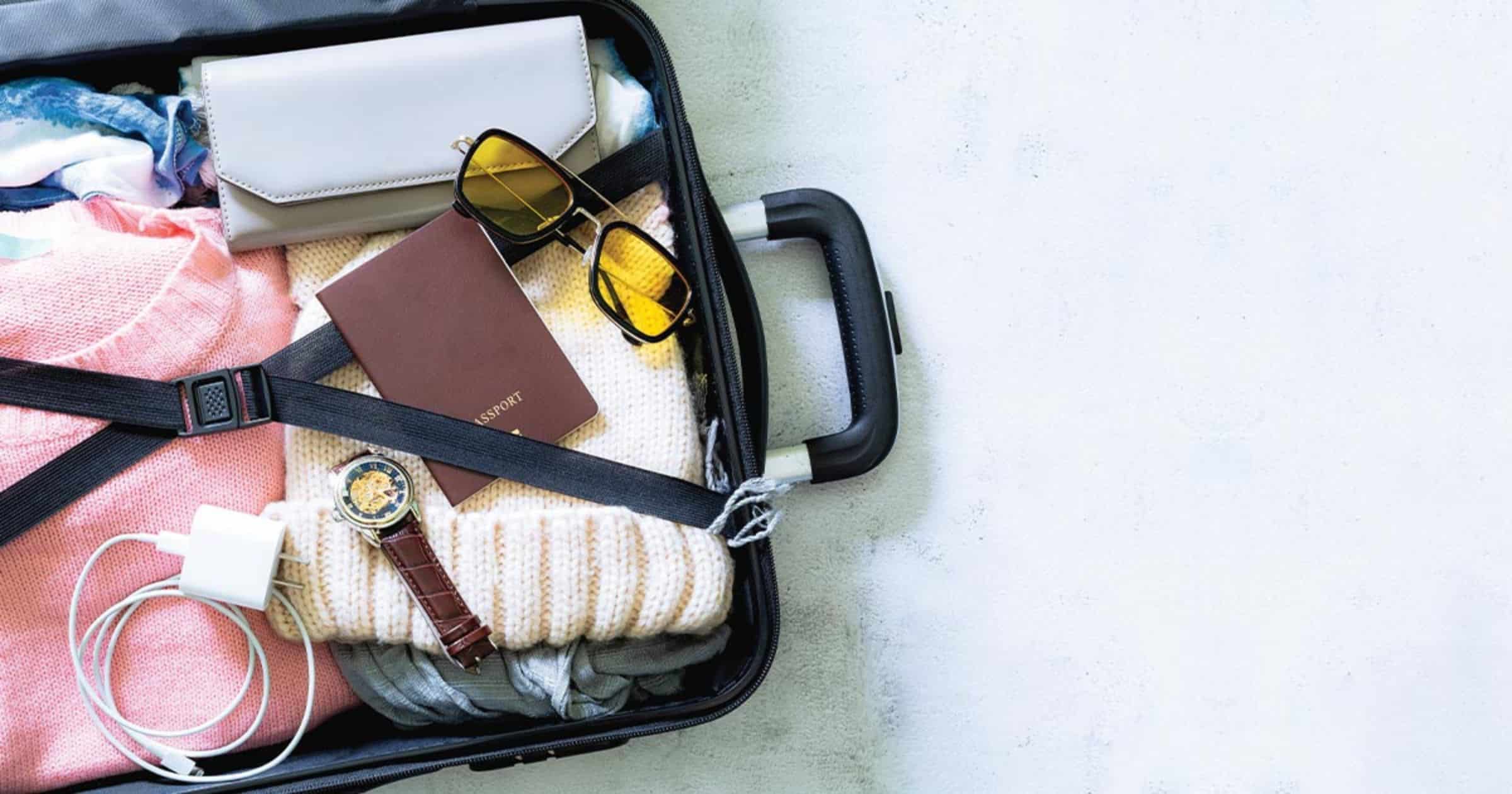Traveling with a group of students can be fun, but it can also be stressful. Educators who lead trips face challenges making transportation and accomodations reservations; planning fun, interactive itineraries that meets the needs and interests of the students and ensuring all activities are safe. An easy solution to these obstacles is for the teacher to work with a reliable student travel agency like those listed with Student & Youth Travel Agency (SYTA).
SYTA has the resources and networking connections to create successful travel experiences, and some methods in assisting teachers with creating environments in which all participants feel comfortable. The goal of the educator is to foster emotional health along the journey and teach students that one should, “Travel not to find oneself, but to remember who you’ve been all along,” and that, “Life begins at the end of your comfort zone.”
On student trips, educators may be in situations where they deal with the mental, emotional, and/or physical health of students and even other chaperones. Traveling can bring happiness, but it can also spark mood change, depression, and anxiety. Sometimes, according to the CDC. Gov website, “Travelers’s experience uncharacteristic behaviors such as violence, suicide, excessive use of drugs and alcohol or the desire to cause harm to themselves or others.” The teacher must be able to identify these behaviors and foster positive interactions during the journey for all participants, including himself.
Prior to departure of the trip, the educator must have honest conversations with the students and their parents and learn about threats that could lead to unhealthy travel for the student and the group. These conversations can be difficult, but important. The teacher should get input from the parents on how to manage various behaviors. Hopefully, no incidents will occur on the trip, but it is better to have the knowledge and be prepared just in case. The teacher must have frank conversations with the members of the group and encourage them to ask for help if they need it and not feel ashamed for seeking assistance.
During the trip, the educator should ensure that medicines are taken, as needed. They should also make sure the students are not eating all junk food and unhealthy meals. Another important thing to do is to include exercise (even if it is walking from one tourist site to another) to reduce the amount of stress that participants feel. The group should keep active because a healthy body and mind can reduce the amount of stress placed on someone, especially when in unfamiliar territory.
Another helpful tip is to establish a code word that a person could use to indicate to the educator that the student is feeling stressed, anxious, depressed, or angry. Years ago, while leading trips with People to People, we had home stays where the students would spend the night with a family. During the stay, if a student felt uncomfortable, he could contact the teacher and wish him a happy birthday. When the teacher heard “Happy Birthday,” he knew that he needed to get to the student as quickly as possible to deal with whatever situation was occurring. This format could easily be adapted for a student who is dealing with unhealthy attitudes, feelings, or emotions. The student could discretely mention the code word to the teacher and/or a fellow classmate or roommate and then seek help without too many others knowing about it.
The educator must identify ways to assist the students as they deal with emotional baggage. Here are ten components that tour participants should embrace while traveling that will reduce or eliminate emotional unhealthiness. These key aspects can lead to suggested positive interactions and conversations with the students.
Be aware of emotions. Students should know how they normally feel and how to manage those unexpected feelings of uneasiness.
Feel comfortable expressing your feelings in an appropriate way. Students should learn how to be pro-active and not re-active in sharing their emotions.
Think before you act. The educator should encourage students to pause and reflect on why they feel like they do before they decide their action steps.
Strive for balance. If students need alone time, let the teacher know. If they need additional sleep notify someone. If they need more physical exercise, the student should find ways to achieve this goal. In other words, find stability that will provide steadiness.
Connect with others. Encourage the students to find a roommate, travel friend, or teacher to which they can relate. Students should make those connections that help them feel a sense of belonging.
Find purpose and meaning in the trip. Ask the students what amazing facts they have learned on the trip? Poll the students and find out what has been their favorite activity. Ask the students to discuss the lessons they have learned on the journey.
Take a break. Encourage the students to relieve stress and walk away (with teacher approval, of course) and do something else if they are feeling overwhelmed. Try to get students to do a different activity or engage with a different group of people if you see them stressing out.
Do something at which you are good. Take note at what students excel in and ask them to lead an activity that focuses on their skill level. Help the students use their skills to build their confidence level.
Accept who you are. Remind the students that others’ opinions should not impact how they feel about themselves. Encourage them to be proud of who they embrace their uniqueness.
Care for others. If a teacher notices a student being emotional, ask other students to reach out and help. Encourage students to be emphatic toward others. When students help and care for others, they often forget their own challenges
Margaret Lee Runbeck said, “Happiness is not a state to arrive at, but a manner of traveling because all journeys have secret destinations of which the traveler is unaware.”
When students travel, they sometimes encounter anxiety, fear, homesickness and stress, typical reactions when in uncomfortable situations. However, with a bit of pre-planning and caring, emphatic educators, the students can overcome these emotional obstacles and have trips filled with positive experiences.
This story was written by Julie Beck for Teach & Travel’s May 2022 issue.




